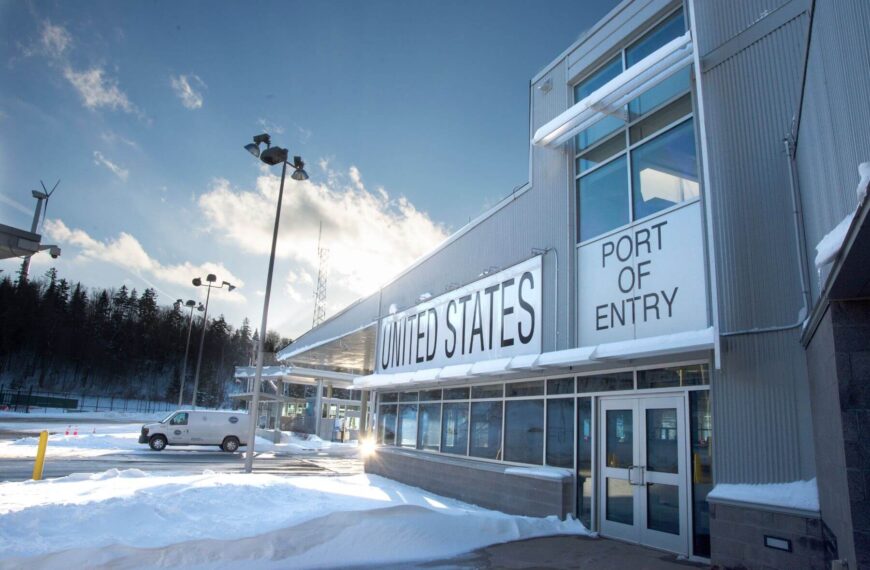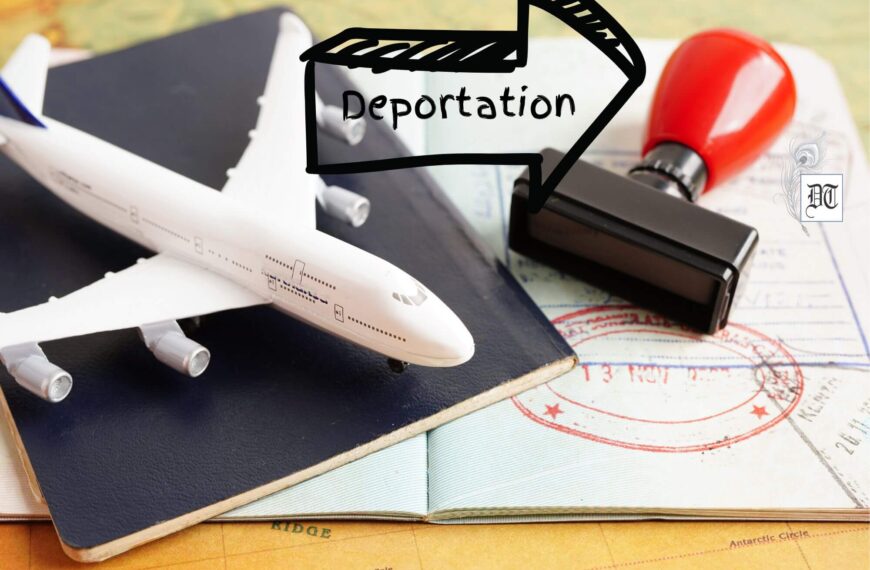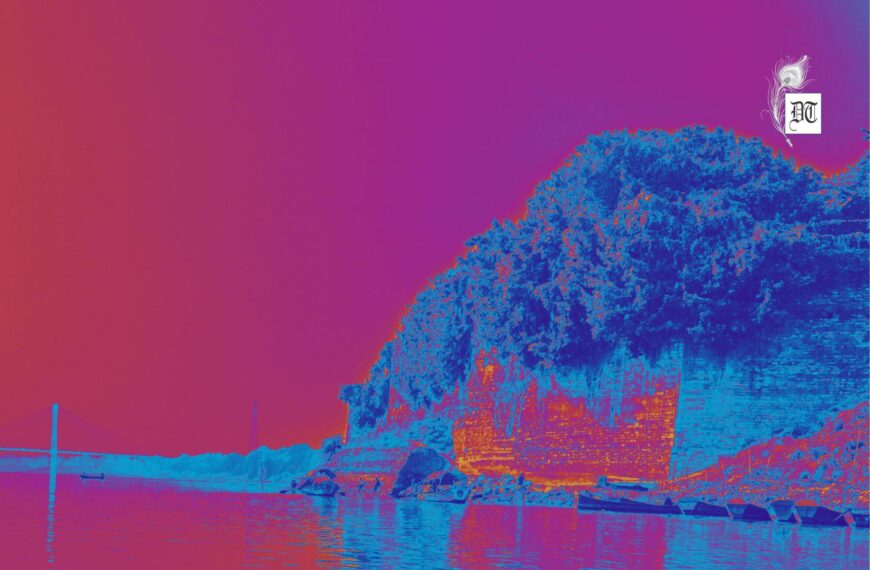It is a known fact that in Pakistan governments are formed and destroyed based on issues around Hafiz Saeed, terrorism, Kashmir and such ‘identity wars’. Which way then is peace of Kashmir headed? Our Associate Editor, Nivodita, examines the international ramifications of the Mumbai terror attack mastermind released recently, terrorism, the Kashmir issue, UN Plebiscite, and a possible Indo-Pak settlement, in the weekly column. A Different Truths exclusive.
The release of Mumbai terror attack mastermind, Hafiz Saeed has left many unhappy and looking for some strict action against Pakistan. After the United States, France has also conveyed its anguish at his release saying his outfit Jamaat-ud-Dawaah (JuD) was listed as a terror group by the Sanctions Committee of the UN.
French diplomatic sources said that France and India will continue their relentless efforts to combat terrorism, and enhancing cooperation to deal with the menace will be an important aspect of French President Emmanuel Macron’s visit here early in 2018. The larger question: what does Pakistan have to say about this?
 Hafiz Saeed is seemingly mindful of the value of putting greater pressure on the PML-N government, which, to put it mildly, is faced with problems of its own. Soon after his release, the Dawa chief touched upon his favourite and a most sensitive topic when he told a congregation in Lahore that former Prime Minister Nawaz Sharif was forced to step down because he had betrayed the Kashmiri cause. The latter is the original – and by most means popular – slogan of Hafiz Saeed and his now-banned Lashkar-e-Taiba (LeT). It is a known fact that even in Pakistan governments are formed and destroyed based on issues around Hafiz Saeed, terrorism, Kashmir and such ‘identity wars’. Which way then is peace of Kashmir headed?
Hafiz Saeed is seemingly mindful of the value of putting greater pressure on the PML-N government, which, to put it mildly, is faced with problems of its own. Soon after his release, the Dawa chief touched upon his favourite and a most sensitive topic when he told a congregation in Lahore that former Prime Minister Nawaz Sharif was forced to step down because he had betrayed the Kashmiri cause. The latter is the original – and by most means popular – slogan of Hafiz Saeed and his now-banned Lashkar-e-Taiba (LeT). It is a known fact that even in Pakistan governments are formed and destroyed based on issues around Hafiz Saeed, terrorism, Kashmir and such ‘identity wars’. Which way then is peace of Kashmir headed?
Yashwant Sinha, a BJP leader and former foreign minister in the Vajpayee government, said recently that his visits to Jammu and Kashmir led him to believe that India cannot resolve the issue without involving Pakistan ‘at some point’. Kashmiris will not accept a bilateral deal with India unless it is part of an Indo-Pak settlement process.
The people of Kashmir have been let down by all their leaders, the unionists as well as the separatists. Farooq and Omar Abdullah failed them badly in their craze for power. The worst of all was Mufti Mohammad Sayeed and his daughter Mehbooba Mufti. His treachery in introducing the Hindu nationalist BJP into Kashmir in 2014 and hers in backing it are far worse than the hated Bakshi Ghulam Mohammad’s treachery in 1953 in Sheikh Abdullah’s ouster at the behest of Jawaharlal Nehru. G.M. Sadiq accelerated the process of eroding Kashmir’s autonomy.
The opening salvo in militancy in the state came on July 31, 1988, when three government buildings were blown up in Srinagar. It peaked in 1989-90. The All-Parties Hurriyat Conference was set up on July 31, 1993. What has it to show except ego clashes and splits as its ‘achievements’? The objectives clause of its constitution itself revealed a huge rift. The UN’s resolution on plebiscite was sought to be reconciled with independence.
But the UN’s resolutions rule out independence. Gandhi deleted reference to it in India’s complaint to the UN Security Council on December 31, 1947. On Dec 28, 1949, Pakistan’s foreign minister, Muhammad Zafarullah Khan, demanded substitution of the words “the future of Jammu and Kashmir” by words  confining “the question of accession…to India or Pakistan”. The UN’s plebiscite resolutions follow this formulation. Yet some people espouse independence and the UN resolutions at the same time: Prime Minister Shahid Khaqan Abbasi’s recent statement rejecting independence for J&K adheres to Pakistan’s line since 1947.
confining “the question of accession…to India or Pakistan”. The UN’s plebiscite resolutions follow this formulation. Yet some people espouse independence and the UN resolutions at the same time: Prime Minister Shahid Khaqan Abbasi’s recent statement rejecting independence for J&K adheres to Pakistan’s line since 1947.
If India will not agree to a plebiscite, nor can Pakistan possibly accept the LoC as international boundary – least of all Kashmiris who yearn for the reunification of their land – then the solution lies in a setup that does not sanctify either side’s stand but establishes a via media, which respects the stands of both as well as Kashmiri aspirations. The disputed state of Kashmir, located in the north-western region of Indo-Pak subcontinent borders China and Afghanistan. The territory is divided into five regions. Two regions, administered by Pakistan, are commonly referred to as Gilgit-Baltistan and Azad (free) Jammu and Kashmir, while three are in the control of India, collectively incorporated by India into the state of Jammu and Kashmir, also known as IHK. A line of control (LoC) marks the ceasefire line between Pakistani and Indian administered parts.
The three regions of Jammu, Kashmir, and Laddakh have long been maintaining politics of regionalism where leadership is divided along ethno-religious and regional identities. During the post-1950s period, several parties sprang up in Jammu and Laddakh regions in response to the control exercised by the Valley-based National Conference on economy and politics of IHK. From 1967 to 1990, a number of outfits emerged in Jammu region. These included Panthers Party, Jammu Mahasabha, Jammu People Front, and Jammu Mukti Morcha. Over the years, the Kashmir conflict has witnessed the emergence and decline of over 50 rebel groups often competing or cooperating with each other to prove themselves as  representatives of people living in IHK.
representatives of people living in IHK.
The Indian drive to make IHK a part of the Indian union has strengthened Kashmiri nationalism on the one hand and disturbed the communal harmony in the ethnically diverse region on the other. The emergence of Kashmiri nationalism as a primary objective in dispute is a positive sign and the recognition of both Indian and international populace to engage Kashmiris in the peace process is also positive. Any win-win situation, however, faces a number of important challenges ranging from weak and divided political leadership in IHK and stringent Indian stand on holding bilateral instead of trilateral negotiations to an inadequate international pressure. The sooner we find a solution, the better.
©Navodita Pande
Photos from the Internet
#Kashmir #UN #Gandhi #IHK #BJP #Pakistan #UNPlebiscite #KashmirIssue #HafizSaeed #Terrorism #MuhammadZafarullahKhan #VajpayeeGovernment #MinisterNawazSharif #GlobalGanter #TwentySixElevenMumbaiAttack #ChinaBorder #DifferentTruths





 By
By
 By
By
